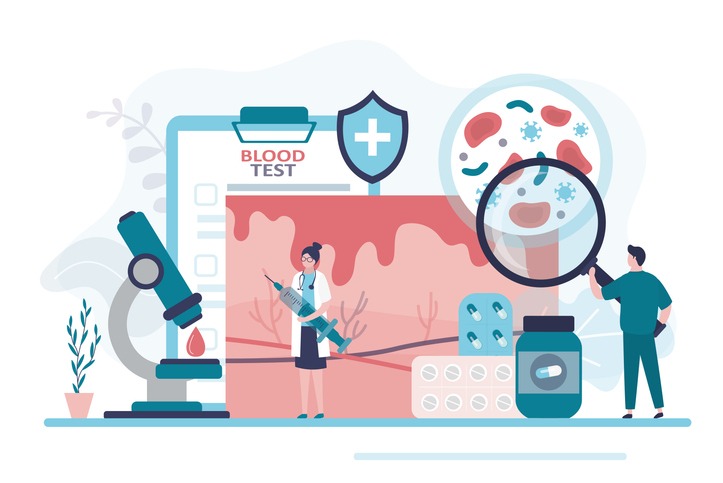
In February of this year, Prime Minister Keir Starmer made history as the first serving G7 leader to take a public HIV test
CREDIT: This article has been created using information and articles from National Aids Trust
The landmark moment followed a significant campaign during HIV Testing Week, aimed at identifying the estimated 4,700 undiagnosed individuals living with HIV in England and reinforcing efforts to achieve the country’s goal of ending new HIV transmissions by 2030.
Four years ago, organisations including the National AIDS Trust, the Elton John AIDS Foundation and the Terrence Higgins Trust joined forces to push for a national commitment to ending new HIV cases. This led to the establishment of the HIV Commission, which developed a clear roadmap for achieving this ambitious goal. In 2021, the Government responded with England’s HIV Action Plan 2022–2025, reinforcing the commitment to stopping HIV transmissions.
For this vision to become reality, healthcare leaders – including practice managers – must take proactive steps to ensure that HIV testing, treatment and prevention are seamlessly integrated into everyday healthcare. By challenging stigma and championing inclusive care, we can remove the barriers to diagnosis and treatment.
Ensuring Access to Care for People Living with HIV
Everyone diagnosed with HIV should have the support they need to access care, and practice managers play a crucial role in making this a reality. By ensuring that primary care services are well-equipped with up-to-date knowledge and resources on HIV treatment, they can create a more supportive and informed healthcare environment. This involves training staff, establishing clear referral pathways to specialist HIV clinics and encouraging regular follow-ups to monitor treatment adherence and overall well-being.
Creating a Safe and Inclusive Healthcare Environment
People living with HIV must feel safe, respected and confident in every healthcare setting they visit, and practice managers play a key role in fostering this environment. Implementing zero-tolerance policies for discrimination and stigma within their practices ensures that all patients receive equitable care. Educating staff on the latest advancements in HIV treatment helps dispel outdated fears and biases, promoting a more informed and supportive approach. Normalising HIV testing is crucial in breaking down barriers to diagnosis and care, and this begins with removing stigmas surrounding the condition. By encouraging routine HIV screening as part of general health checks, practice managers can help integrate testing into everyday healthcare, making it as standard as checking blood pressure or cholesterol levels.
Promoting HIV Prevention as a Whole-System Responsibility
HIV prevention should not be the sole responsibility of sexual health services – it requires a comprehensive, whole-system approach across the healthcare sector. Practice managers play a vital role in supporting prevention efforts by integrating routine HIV testing into general health screenings, particularly for at-risk groups, to ensure early detection and intervention. Raising awareness about effective prevention tools such as PrEP (pre-exposure prophylaxis) and PEP (post-exposure prophylaxis) is essential in reducing transmission rates and empowering individuals to take proactive steps in protecting their health. Additionally, collaborating with community organisations to provide education and outreach programs helps extend prevention efforts beyond clinical settings.
To truly drive progress in HIV prevention, diagnosis and care, practice managers must be equipped with the knowledge and skills to foster inclusive, stigma-free healthcare environments. Investing in training on HIV awareness, testing and treatment not only empowers healthcare teams but also ensures that patients receive the best possible support.


Be the first to comment